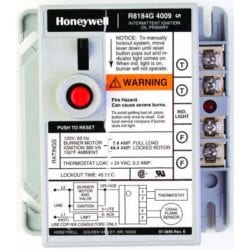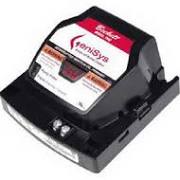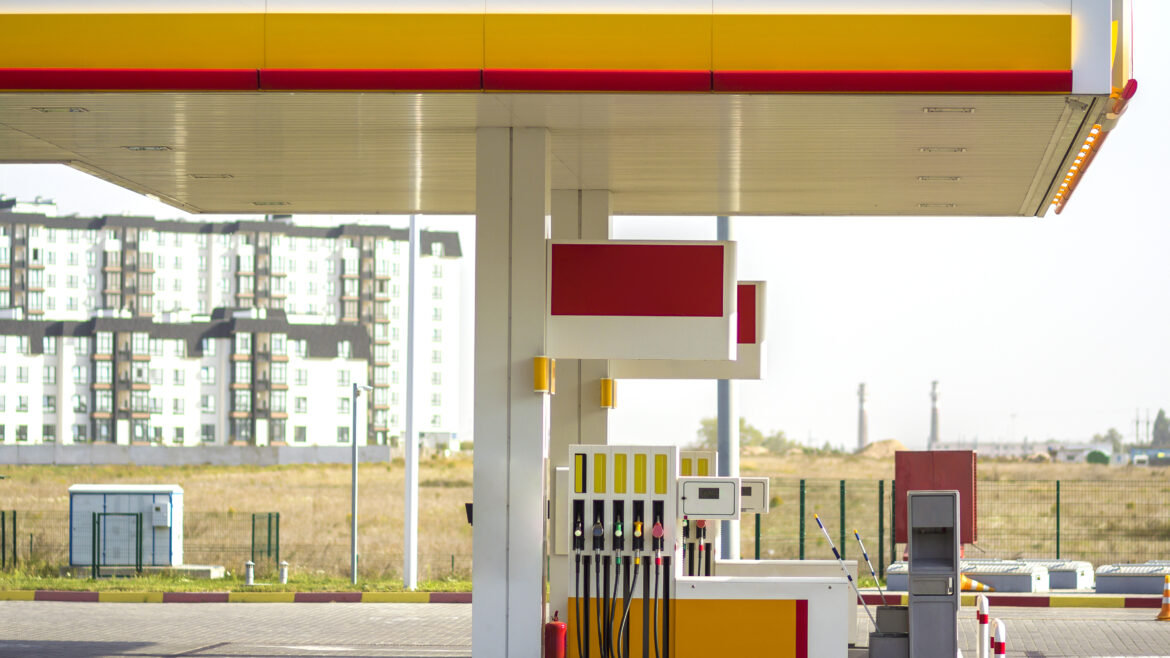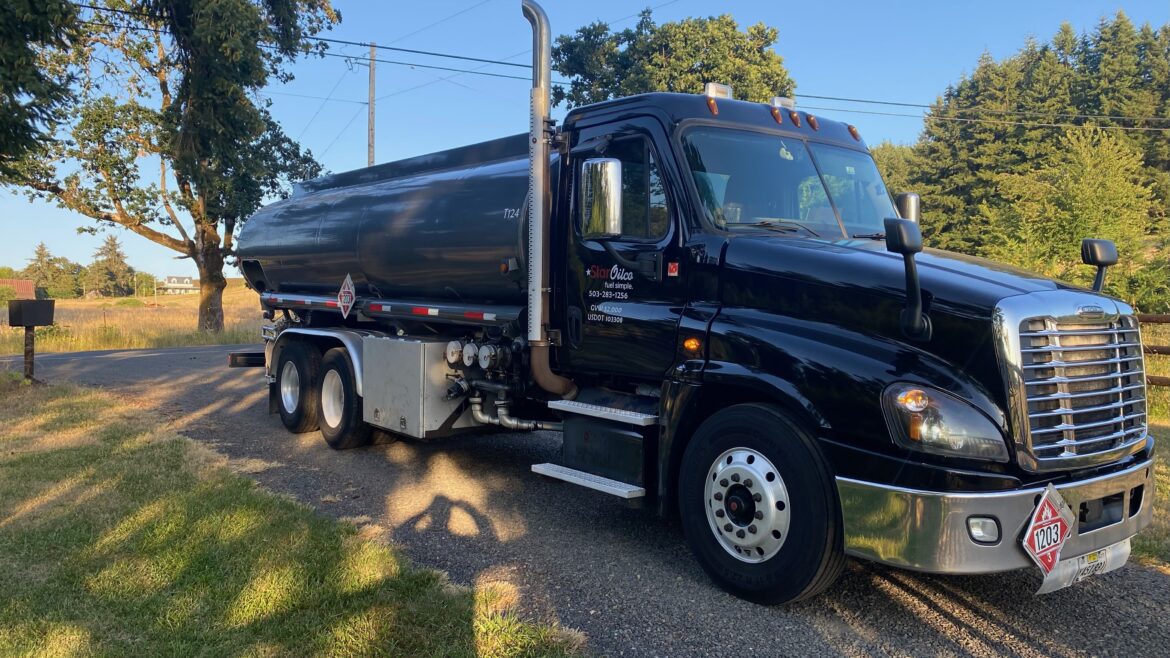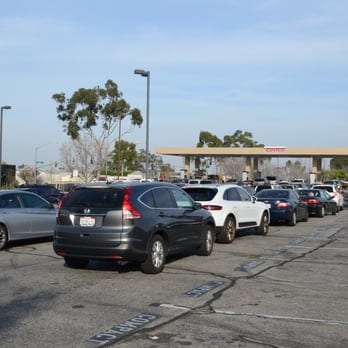Fuel Market Report: Nov 2nd – Nov 8th, 2025
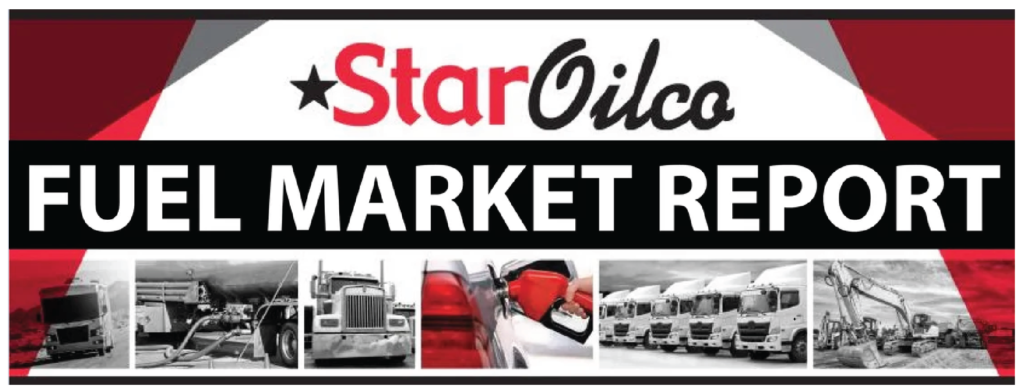
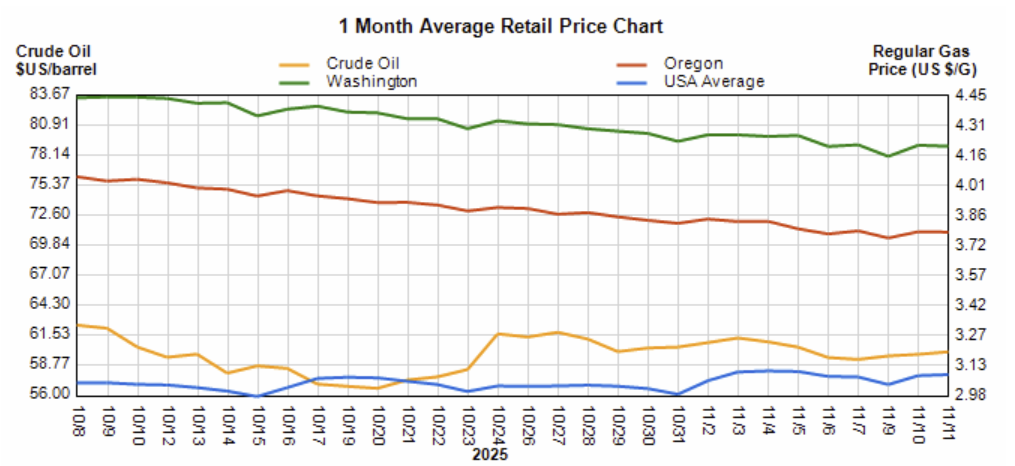
Did You Know That R99 Is The Same Cost As Diesel Currently?
Call to set up R99 Mobile Fueling Onsite Service in Portland at the same cost of retail diesel. Dyed untaxed R99 is also available. Give us a call today to schedule your delivery.
Wholesale Price Average 11/8/25
| Wholesale Low | Wholesale Avg | |
|---|---|---|
| E10 | $2.21 | $2.33 |
| B5 | $2.71 | $2.71 |
| B20 | $2.72 | $2.77 |
| R99 | $2.43 | $2.49 |
Average Retail Prices 11/8/25
| National | Oregon | Washington | |
|---|---|---|---|
| E10 | $3.07 | $3.82 | $4.22 |
| B5 | $3.74 | $4.33 | $4.94 |
Taxes
| Federal | State: OR | Local | State: WA | |
|---|---|---|---|---|
| Gas | $0.184 | $0.40 | $0-.13 | $0.494 |
| Diesel | $0.244 | $0.40 | $0-.13 | $0.494 |
Portland Retail Fuel Price Variance

Fuel Market News
Fuel prices dropped across the board this week, with gas and diesel prices down. It was the first week in 2 months where wholesale prices dropped while retail prices increased. Wholesale rack averages dropped $0.03/gal for E10 gasoline, and over $0.15/gal for B5 & B20 diesel. The government shutdown has seemingly come to an end with a vote from the Senate last night to continue funding and operating the government. This has calmed many worries within the market as the shutdown was the longest recorded in history. With the government back in session, we may see prices continue to fall as fears of a continued shutdown are fading within the market. Crude Oil prices are hovering just about $60/barrel for WITI crude, as prices have risen slightly over the last two weeks.
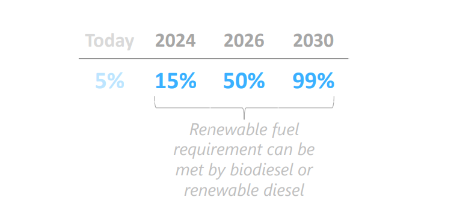
Important Note: Per the City Of Portland, “Distributors in the City of Portland are required to meet the minimum biofuel content requirements for all fuel they distribute beginning on May 15, 2024. All diesel fuel distributed to retail stations, non-retail dealers, or wholesale purchaser-consumers must include a minimum of 15% biofuel content, from either renewable diesel or biodiesel. This requirement increases to 50% on May 15, 2026, and 99% on May 15, 2030”.
Want to know what to expect this Fall in regards to our diesel market? You can read our 2025 Diesel Market Outlook For Oregon.
Crude oil is trading just below $61, at a current price of $60.69/barrel. This is $0.43/barrel higher than it was last week.
Crude oil is the main ingredient for gasoline and diesel. Per AAA, on average about 50% of what you pay at the pump is the price of crude oil, breaking down as 25% refining, 11% distribution & marketing, and 14% taxes – a helpful breakdown for consumers wondering why they are paying the prices that they pay. Crude Oil is currently trading at $60.69/barrel compared to $60.26/barrel last week and $66 a year ago.
It’s essential to recognize that fuel prices result from a complex interplay of the factors mentioned above and other regional factors. Additionally, prices may vary by specific regions within Oregon and Washington. For the most precise and up-to-date information on fuel prices and the causes for these price changes within your area, use the links below for AAA & GasBuddy.
If you have any questions, feel free to contact Star Oilco and speak to one of our fuel market advisors to discuss how the market can impact your business.


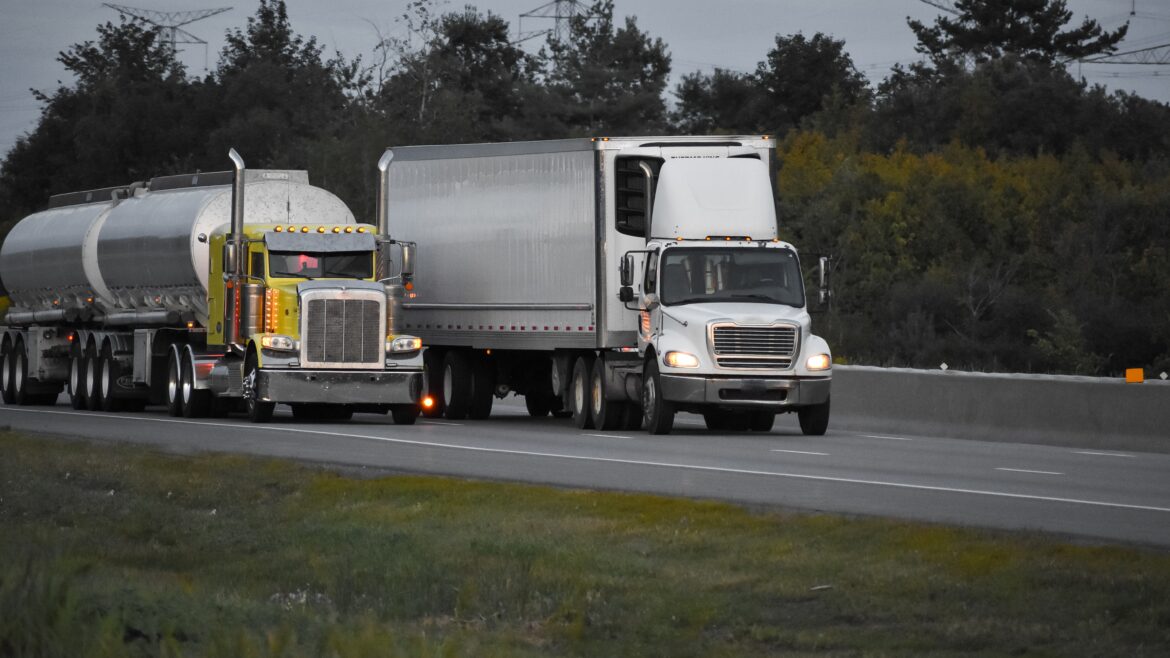
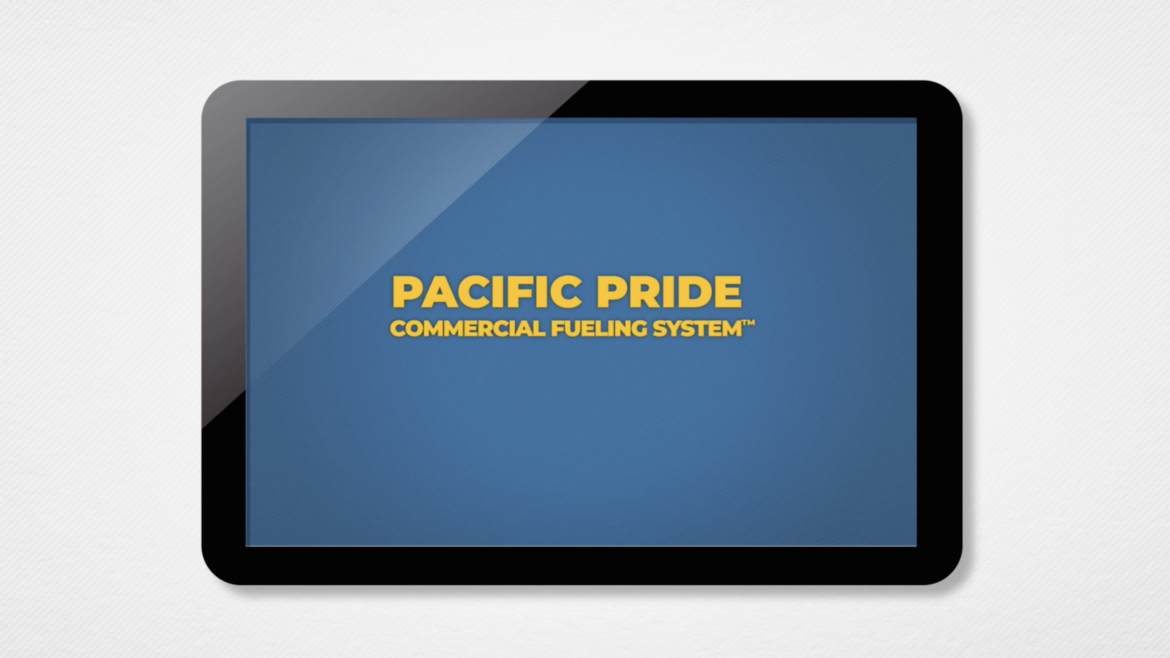


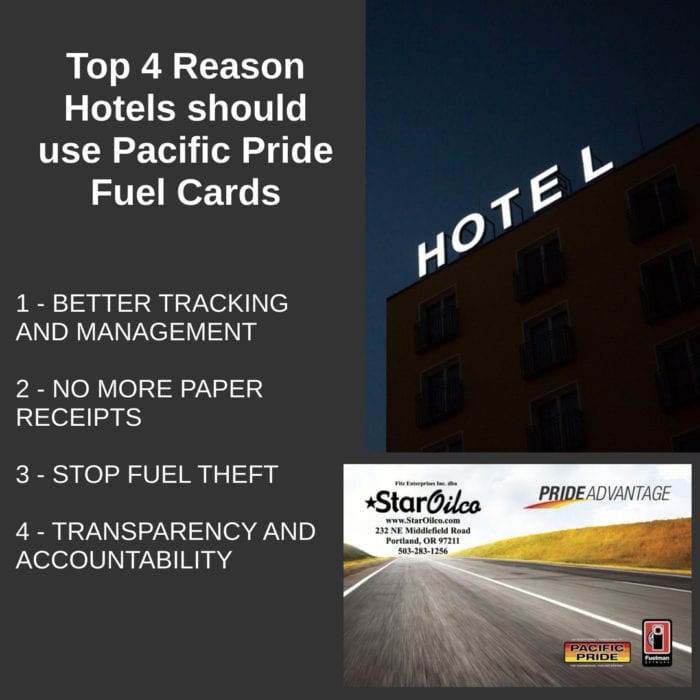

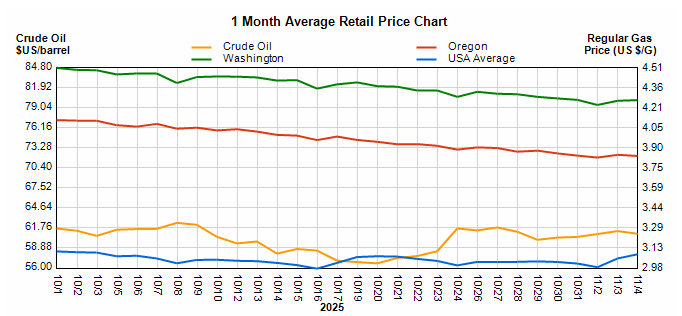

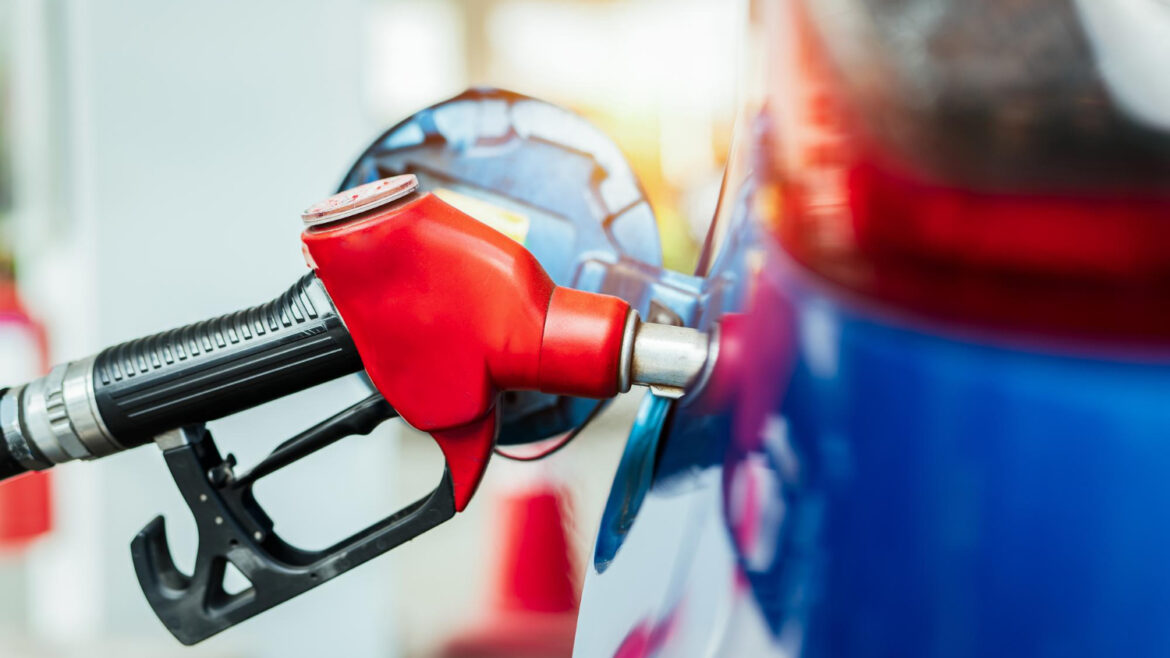




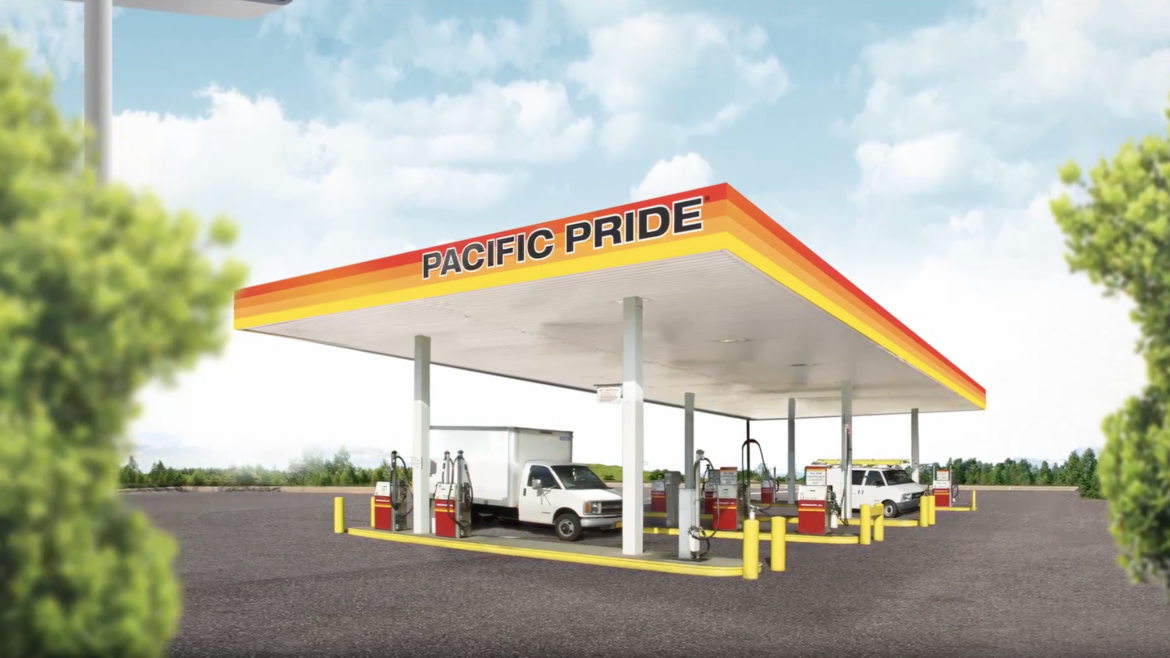
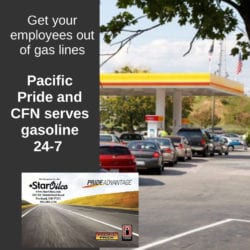

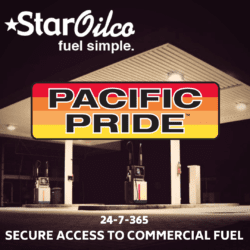
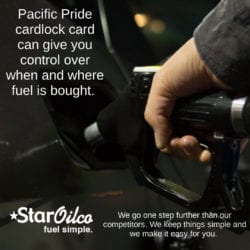

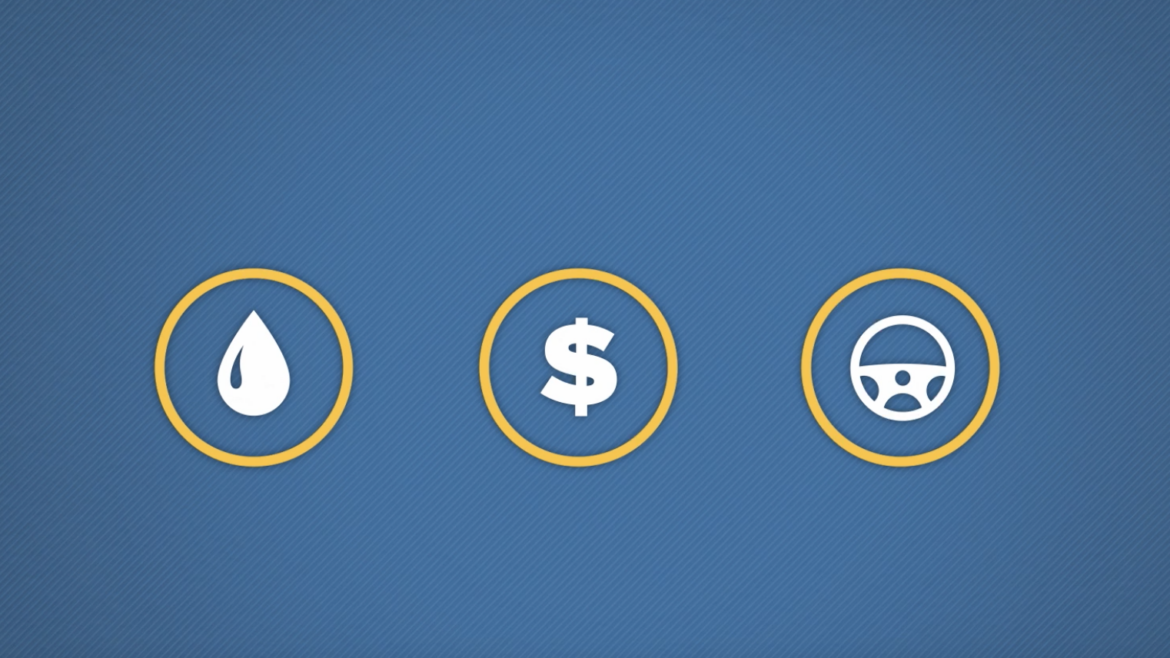

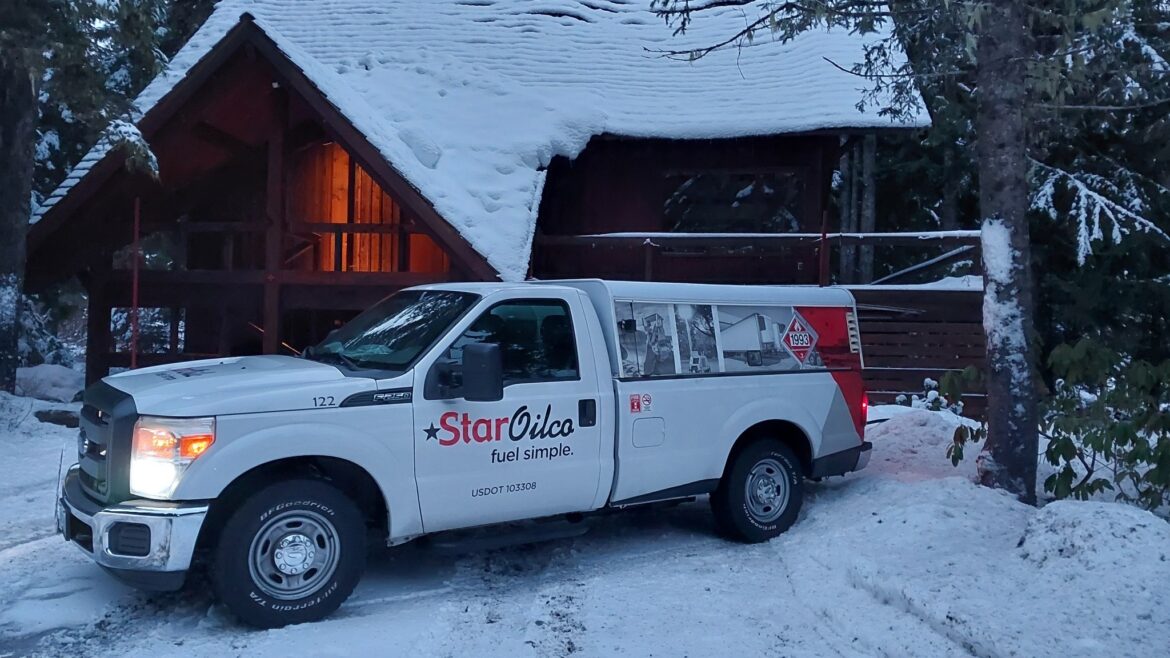
 to your oil furnace and look at the burner, which probably looks like what is shown. To the right in the picture is a little red button. The red button can look different dependent on your model of furnace and might also look like the several options below.
to your oil furnace and look at the burner, which probably looks like what is shown. To the right in the picture is a little red button. The red button can look different dependent on your model of furnace and might also look like the several options below.